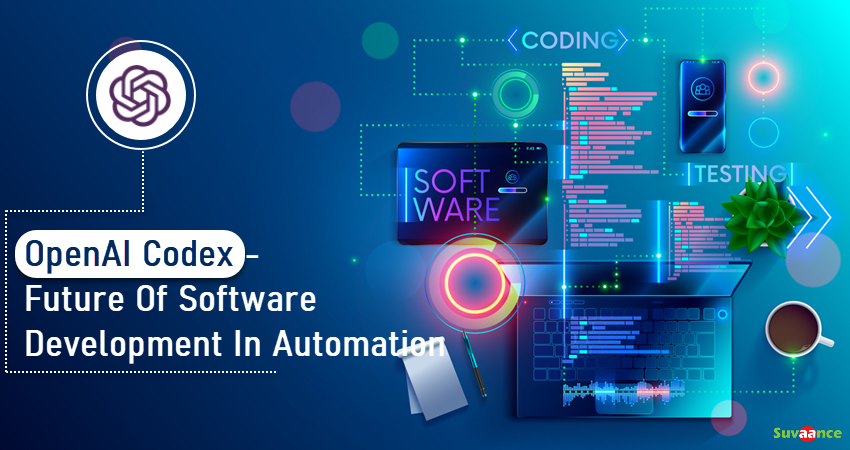OpenAI Codex Drives 70% Productivity Gains, Merges Over 1 Million Pull Requests

OpenAI's advanced AI coding agent, Codex, has significantly accelerated software development workflows, with internal reports indicating a 70% increase in pull requests merged by OpenAI engineers. This substantial impact has led some, like user "kache" on social media, to assert that "chatGPT codex has completely decimated the competition and it's not even close." The tool, powered by the specialized GPT-5-Codex model, transitioned from a research preview to general availability in late 2025, marking a pivotal moment in AI-assisted programming.
The latest iteration of Codex, utilizing GPT-5-Codex, is designed for agentic coding, capable of autonomously handling tasks ranging from writing features and fixing bugs to answering codebase questions and proposing pull requests. OpenAI's internal data reveals that 92% of its technical staff now use Codex daily, showcasing its deep integration into core development processes. The model can operate independently for extended periods, with observations of it working productively for over seven hours on complex tasks.
In the competitive landscape of AI coding assistants, Codex stands out for its broad deployment and impact. According to PRArena's dashboard, the Codex web agent alone has been responsible for merging over a million pull requests, a figure that significantly surpasses many rivals. While Claude Code demonstrates superior accuracy in specific benchmarks like SWE-bench Verified (72.7% vs. Codex's 69.1%) and has seen higher downloads for its CLI agent, Codex's cloud-based architecture and extensive integration capabilities contribute to its widespread adoption and perceived dominance in overall output.
OpenAI has bolstered Codex's accessibility and utility with the introduction of an SDK, Slack integration, and enhanced administrative tools, making it a robust solution for enterprise environments. Companies like Cisco and Instacart are already leveraging Codex to streamline their engineering operations, reducing code review times and accelerating feature development. This strategic evolution positions Codex as a foundational engine for building AI products and driving substantial productivity gains across the software industry.